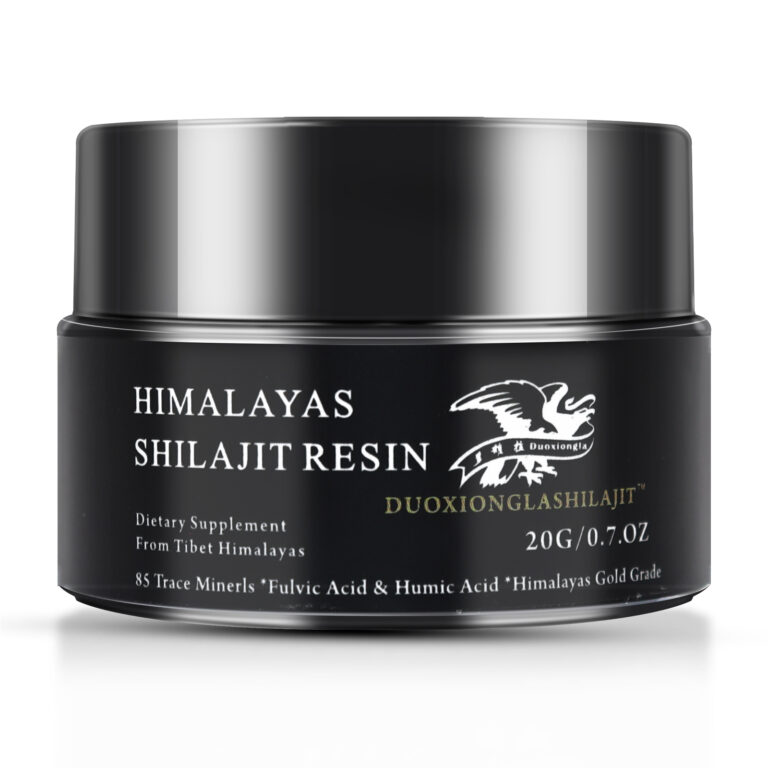An In-depth Exploration of Ashwagandha: An Ancient Herb for Modern Times
 Ashwagandha, a renowned herb used in traditional Ayurvedic medicine, has been gaining significant traction in the realm of modern health and wellness. This article delves into the various facets of this potent herb, its effects on the human body, potential side effects, and the benefits it confers.
Ashwagandha, a renowned herb used in traditional Ayurvedic medicine, has been gaining significant traction in the realm of modern health and wellness. This article delves into the various facets of this potent herb, its effects on the human body, potential side effects, and the benefits it confers.
What is Ashwagandha?
Ashwagandha, known scientifically asWithania somnifera, is a small shrub native to India and Southeast Asia. The roots and orange-red fruits of Ashwagandha have served medicinal roles for millennia. It is alternatively known as “Indian ginseng” or “winter cherry.” In Sanskrit, “Ashwagandha” translates to “smell of the horse,” alluding to the herb’s unique aroma and its purported capacity to bestow vitality.
How Does Ashwagandha Work?
Ashwagandha is celebrated as an “adaptogen”, a category of herbs that enhance the body’s resilience to stress. It functions by normalizing the levels of stress hormone cortisol in the body, thus modulating the stress response. Some studies show that Ashwagandha can counterbalance the excessive activity of the sympathetic nervous system, the component responsible for the fight-or-flight response in moments of stress. By reducing the excessive release of stress hormones, ashwagandha helps restore the body’s balance and promotes overall well-being.
The Multifaceted Benefits of Ashwagandha
The benefits of ashwagandha are manifold, spanning from enhancing mental health to improving physical performance. Here are some key benefits substantiated by scientific research:
Reducing Stress and Anxiety
One of the most well-documented benefits of ashwagandha is its remarkable ability to mitigate stress and anxiety. This herb is recognized for its ability to regulate stress mediators and diminish the functioning of the hypothalamic-pituitary-adrenal (HPA) axis, a system that coordinates the body’s response to stress. Research shows that ashwagandha supplementation can significantly diminish perceived stress and cortisol levels, thereby improving sleep quality and reducing anxiety symptoms.
Enhancing Athletic Performance
Ashwagandha may also contribute to improved athletic performance. Research indicates that the herb can augment physical performance measures, such as strength and oxygen consumption during exercise. It’s suggested that ashwagandha may boost maximum oxygen consumption (VO2 max), an important metric of cardiovascular fitness, in both athletes and healthy adults.
Alleviating Symptoms of Mental Health Conditions
Preliminary evidence also hints at ashwagandha’s potential in reducing symptoms of various mental health conditions, including depression and anxiety. Studies have found significant reductions in depression and anxiety symptoms in individuals taking ashwagandha extract daily.
Supporting Heart Health
Ashwagandha might have implications for heart health as well. It’s been suggested that the herb could enhance cardiorespiratory endurance, which could be beneficial for heart health.
Potential Anti-Cancer Effects
Some research suggests that ashwagandha might possess anti-cancer properties. Studies indicate that the herb may inhibit cell growth in certain types of cancers, including lung tumors.
Improving Cognitive Function
Ashwagandha is also being studied for its potential cognitive benefits. Research suggests that the herb may improve memory and cognitive impairment in individuals with conditions like Alzheimer’s disease and bipolar disorder.
How to Use Ashwagandha
Ashwagandha comes in various forms, including capsules, powders, and liquid extracts. The dosage of ashwagandha varies depending on the specific condition it’s being used to treat. However, a dose of 500 mg twice a day is generally recommended for most purposes. It’s crucial to consult a healthcare professional for the appropriate dosage and form of ashwagandha based on individual health conditions and needs.
Potential Side Effects of Ashwagandha
While ashwagandha is generally well-tolerated in small to medium doses, some individuals might experience side effects. These could include gastrointestinal upset, diarrhea, nausea, and vomiting. In high doses, ashwagandha might trigger excessive sex drive and feelings of over-alertness or energy.
Who Should Avoid Ashwagandha?
Certain individuals should exercise caution or avoid ashwagandha altogether. Pregnant and breastfeeding women are advised to steer clear of the herb due to potential risks to the fetus and infant. Individuals with autoimmune or thyroid disorders, or those on blood pressure medication, should also seek medical advice before taking ashwagandha. Moreover, like other supplements, people with cancer should not take ashwagandha without consulting their doctor, as it could interact with other treatments or medications.
The Bottom Line
Ashwagandha, with its rich history in Ayurvedic medicine and promising health benefits, is an intriguing herb that has much to offer in the realm of holistic health. Whether you’re grappling with stress and anxiety, seeking to boost athletic performance, or exploring natural remedies for various health conditions, ashwagandha might be a beneficial addition to your wellness regimen.
Nonetheless, it’s essential to bear in mind that although ashwagandha can assist in symptom management, it should not be viewed as a universal remedy. It is most effective when integrated into a comprehensive health strategy that encompasses a well-balanced diet, consistent physical activity, and lifestyle adjustments. Always seek guidance from a healthcare expert before commencing any novel supplement regimen to ensure its safety and suitability for your individual health requirements.




